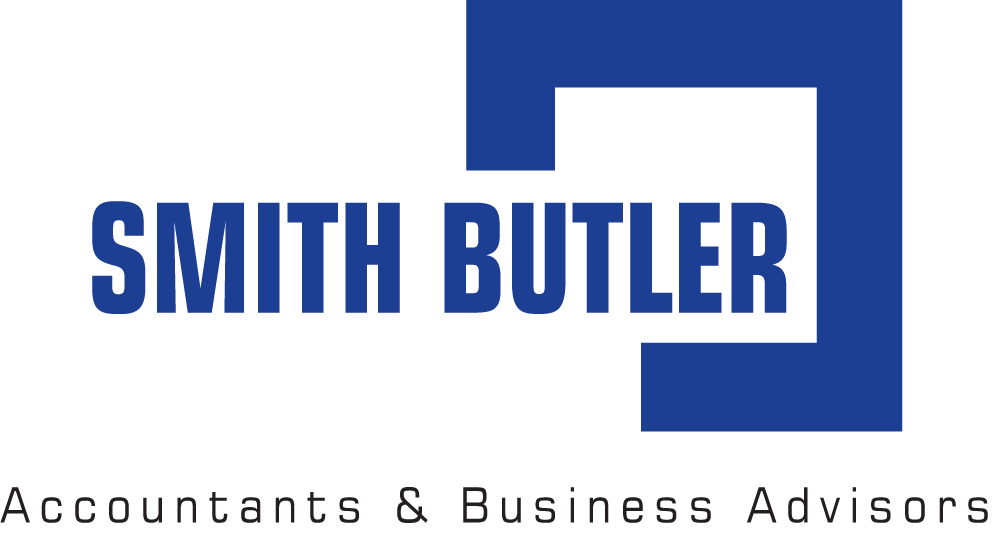As the director of a limited company, there are a few ways you can pay yourself while trying to be as tax-efficient as possible.
Suppose your company has a relatively high turnover, and you’re on a higher salary. In that case, you could run into sizable tax bills when you finally get round to filing your annual returns.
There are three ways you can pay yourself as a director – salary, dividends and pension contributions. Here’s what you need to know.
Paying yourself a salary
The first and most obvious way of extracting profits from your company is by paying yourself a salary.
In doing so, you’re paying yourself as you would an employee, but as a director, you can pay yourself a bit less so you fall under the national insurance contributions (NICs) threshold.
If you pay yourself more than the lower-earning limit of £6,396 (the tax year 2022/23), then you won’t have a NICs deduction, meaning you get to keep more of your salary.
By paying yourself more than the Class 1 NICs secondary threshold (£9,880 pa), then you and your company will be liable for employers’ NICs.
You also need to consider the personal allowance for income tax, which is set at £12,570. You won’t pay income tax if you don’t earn more than this in a year.
Dividends
Many directors choose to take a lower salary and then top up their pay with dividends.
These dividends are paid to company shareholders once corporation tax has been deducted from the profits.
Even though dividends are taxable, they’re treated differently than an average salary. The same income tax bands apply, but they have different tax rates.
The dividend allowance for the tax year 2022/23 is set at £2,000 and how much tax you pay on them depends on your income tax band. If you are on the basic income tax rate then you’ll be taxed 8.75% on dividends over the £2,000 limit.
The higher rate will be taxed at 33.75% over the allowance, with an additional rate of 39.35%.
For example, if you pay yourself £3,000 in dividends and have a salary of £29,570 you will have a total income of £32,570. The personal allowance of £12,570 deducted will leave a taxable income of £20,000.
As this would be in the basic rate tax band, you would then pay 20% tax on £17,000 of your salary, no tax on £2,000 of dividends and 8.75% tax on £1,000 of the dividends.
Pension contributions
The most tax-efficient way to extract profits from your company is by contributing to your pension pot. Even though you won’t see an instant benefit, you’ll be thankful in the long run.
Paying yourself this way will reduce your company’s corporation tax liability and help you avoid paying NICs.
You can pay yourself up to £1.073 million in pension contributions before exceeding the lifetime allowance. Anything more than that and you could end up being heavily taxed. This limit will be frozen in place until 2026.
Get in touch
You need to ensure that all your hard work doesn’t go unpaid. By getting in touch with the experts at Smith Butler, you can get advice on how to extract profits from your company in the most tax-efficient way possible.
